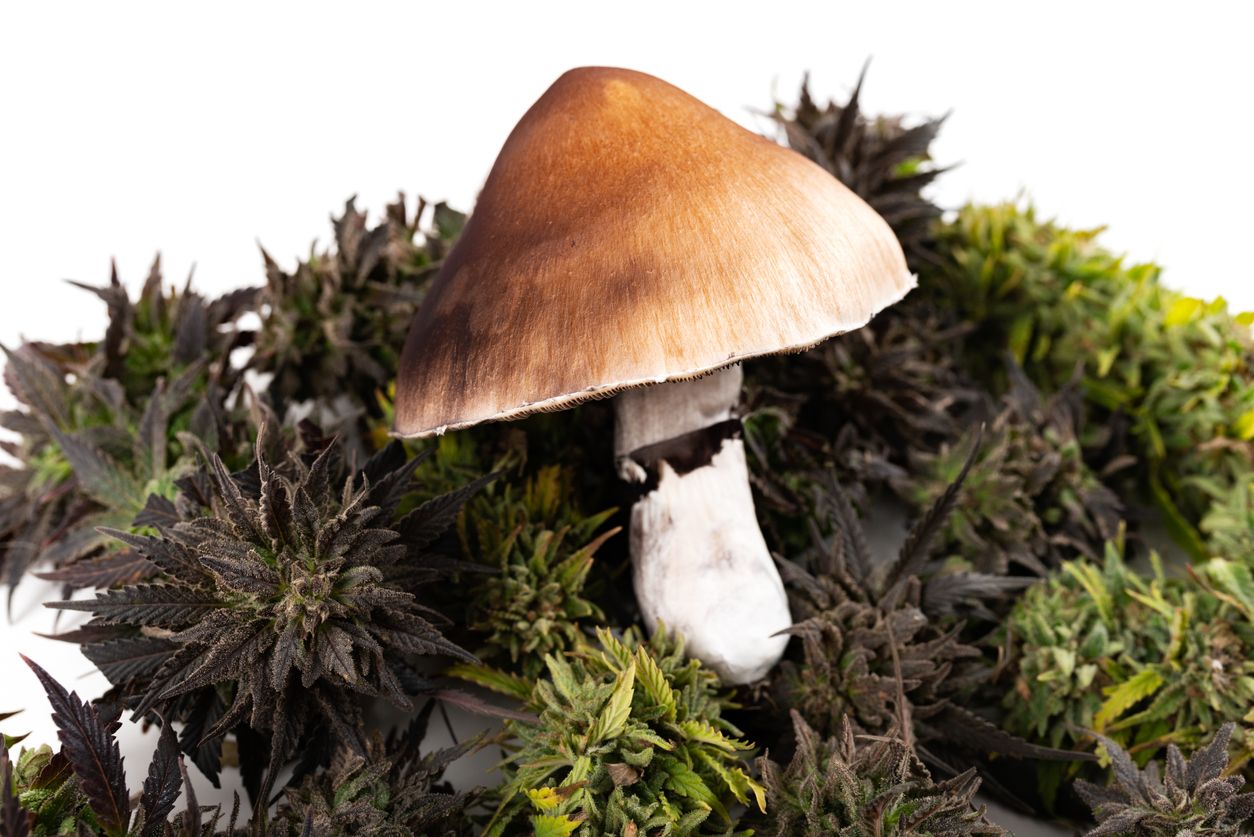Could religion buy you the freedom to consume magic mushrooms?

The religion that you practice could determine whether or not you can legally and morally consume psilocybin mushrooms if you live in New Hampshire. There, one Native American church member Jeremy Mack was authorized to use the fungi under controlled circumstances.
People in many different cultures have used hallucinogens for thousands of years to gain spiritual insights and deal with daily living uncertainties. Hallucinations are induced by eating several species of mushroom plants. The plants used in religious rituals are referred to as entheogens. However, in 2018 Mack was convicted of having psychedelic mushrooms in his possession.
Federally in the United States, the government classifies psilocybin as a Schedule 1 substance. This means that the drug or substance has a high potential for abuse and has no accepted medical use. Some of the other drugs in this category include LSD, heroin, and cannabis.
Why were shrooms used in the practice of religious freedom?
It seems like no one has a definite answer to this question, but those that have studied ancient cultures believe that shrooms altered perceptions. The belief is that the altered perceptions were so extraordinary that the gods they worshiped must have been the inspiration to the ancient culture. The shrooms' ingesting suggested to the ancient culture that they were becoming more acquainted with the gods.
Current times
In a unanimous ruling, the state Constitution and case law where Jeremy Mack was convicted failed him. The court failed to accurately interpret the religious freedom rights that, under state statute, he is entitled to. New Hampshire would set a precedent if the charges are overturned and hopefully inspire challenges with similar constitutional protections in other states.
New Hampshire’s Constitution notably protects actual religious freedom and practices, as long as they do not disturb the peace. Here-in lies the root of Mack’s case before the justices. The question now becomes, did Jeremy's personal consumption of shrooms constitute an unlawful disturbance?
The answer
The courts' determination cited Part 1, Article 5 of the state Constitution, states that every individual in the country has an unalienable right to worship God. The individual will be free of being hurt, restrained, or molested for their religious practices. They are fully entitled to have religious freedom, as long as they do not disturb the public while conducting and participating in their religious worship.
Failure
According to the Supreme court, the trial court that convicted Mack failed to apply the compelling interest balancing test required by Part 1 Article 5. This action then failed to make the factual findings necessary for the test's determination of the defendant's sacramental use and possession of psychedelic mushrooms, often referred to as shrooms, being protected under Part 1, Article 5. The judge's spoken words then vacated the trial order, denying Jeremy Mack's motion to dismiss and remand further proceedings, a move that is consistent with the Supreme court opinion.
Final words
The limited implications of this case by far do not supersede the federal drug laws of the United States. There is, however, a process that every individual can request to use for religious exceptions under the Controlled Substances Act. A roadblock to this process seems to be the Drug Enforcement Administration, which has primarily been inflexible to date.

